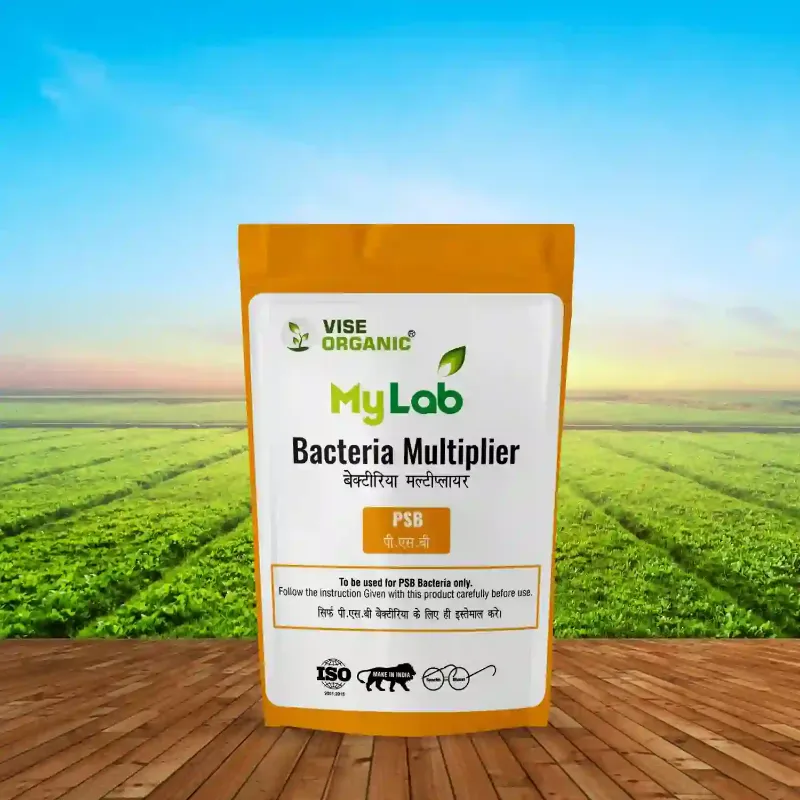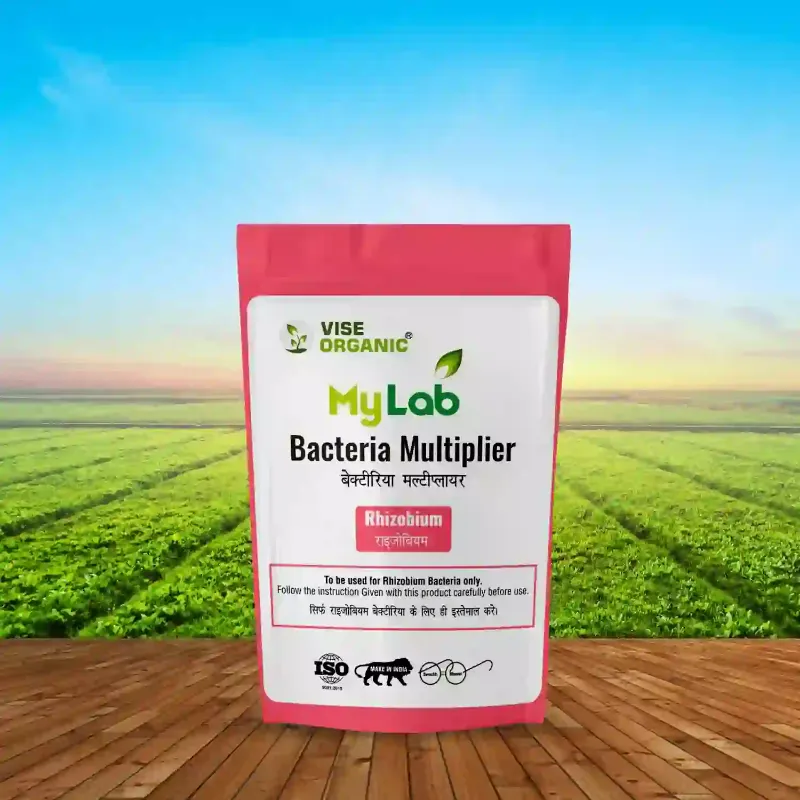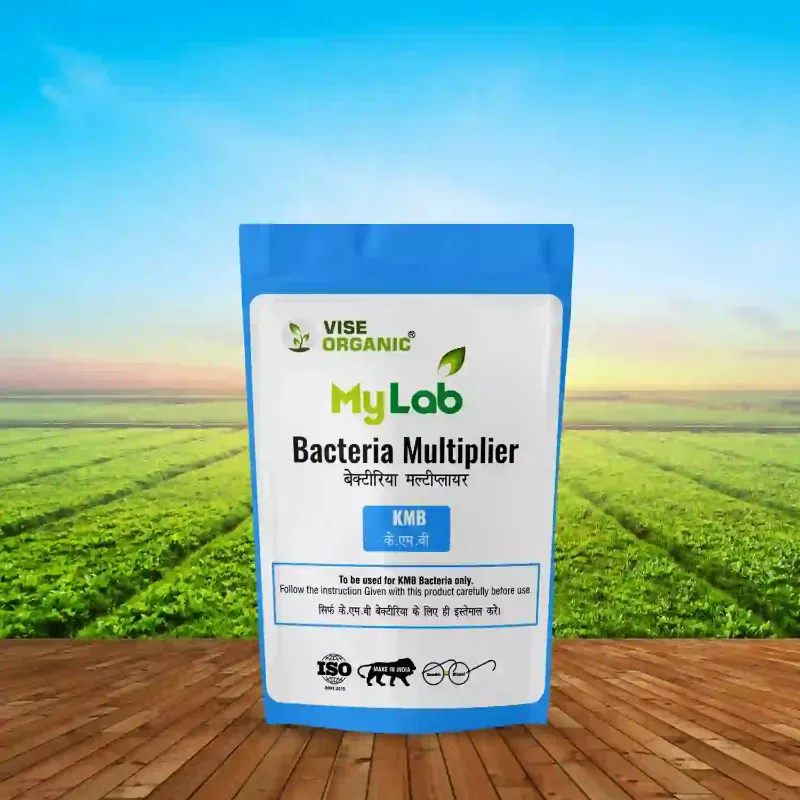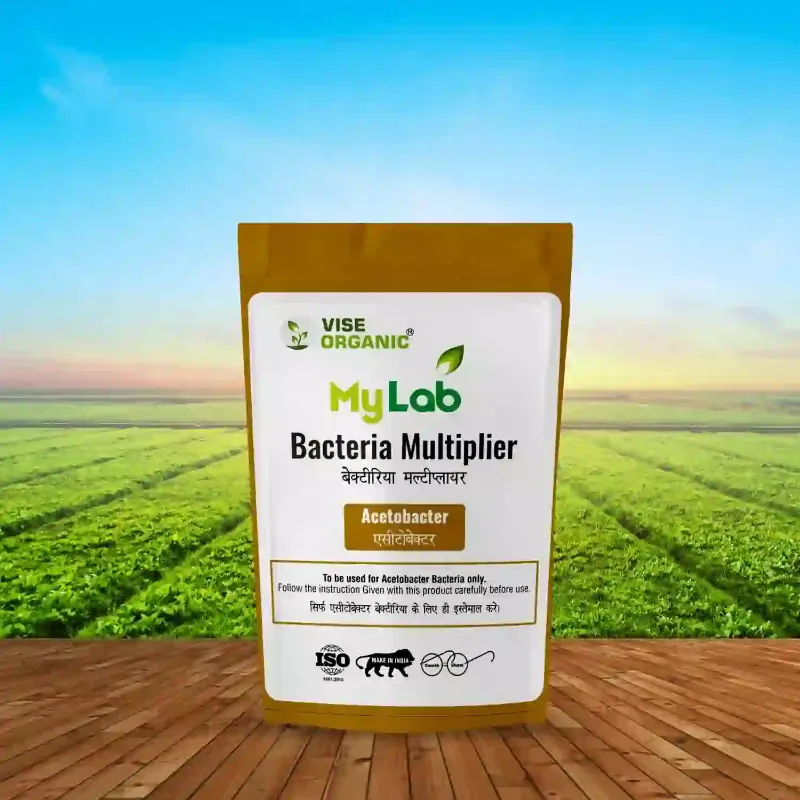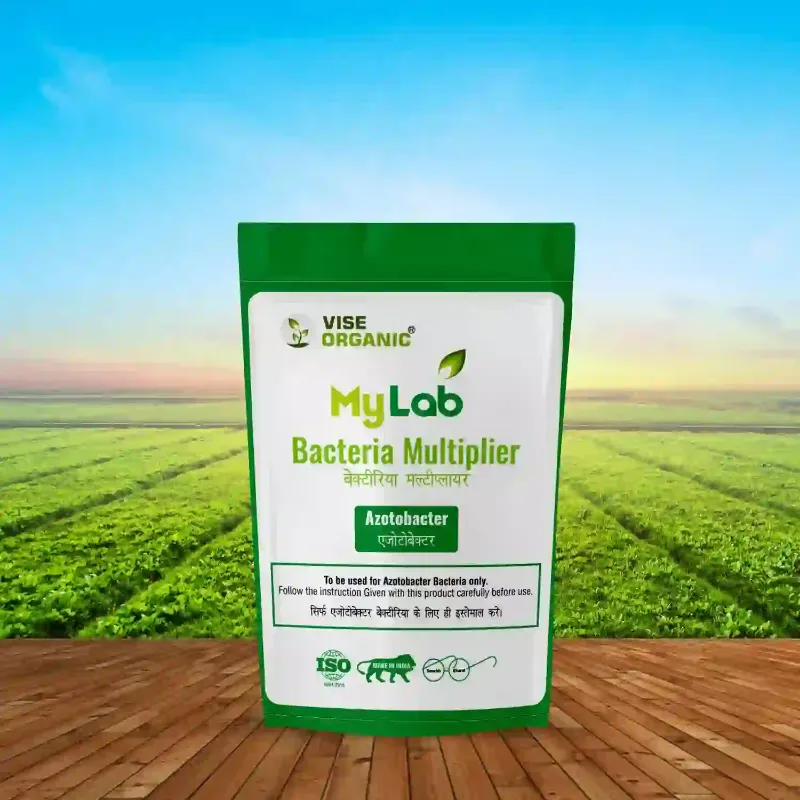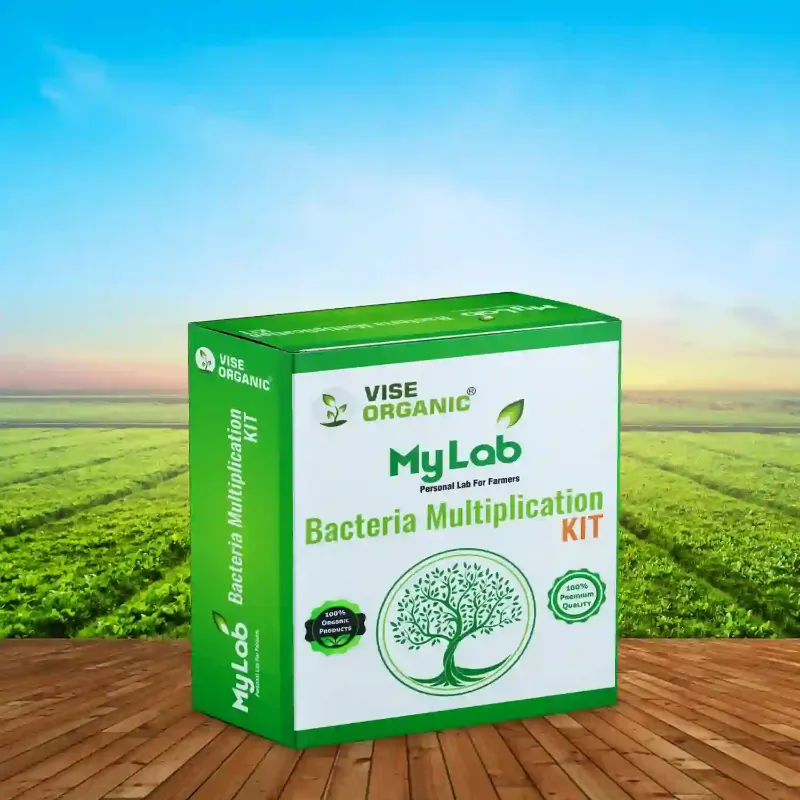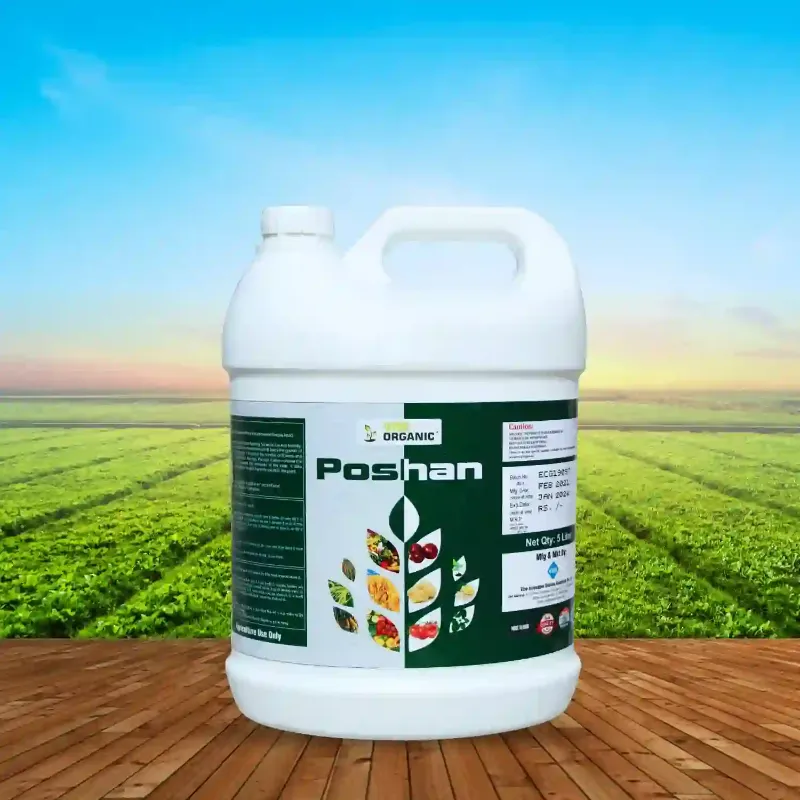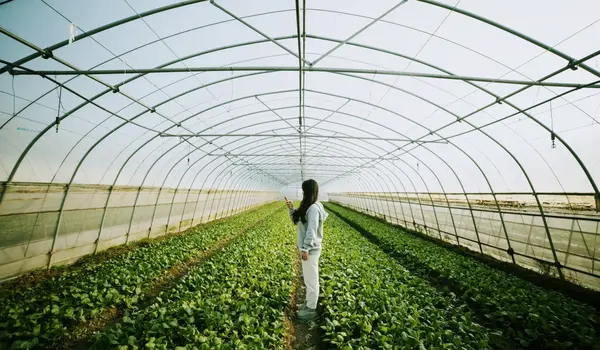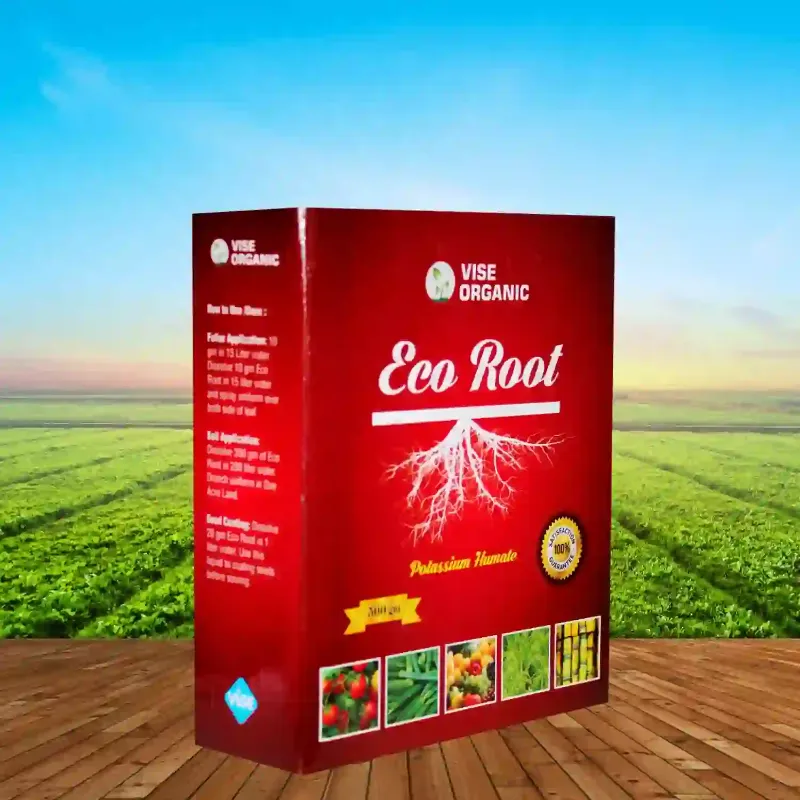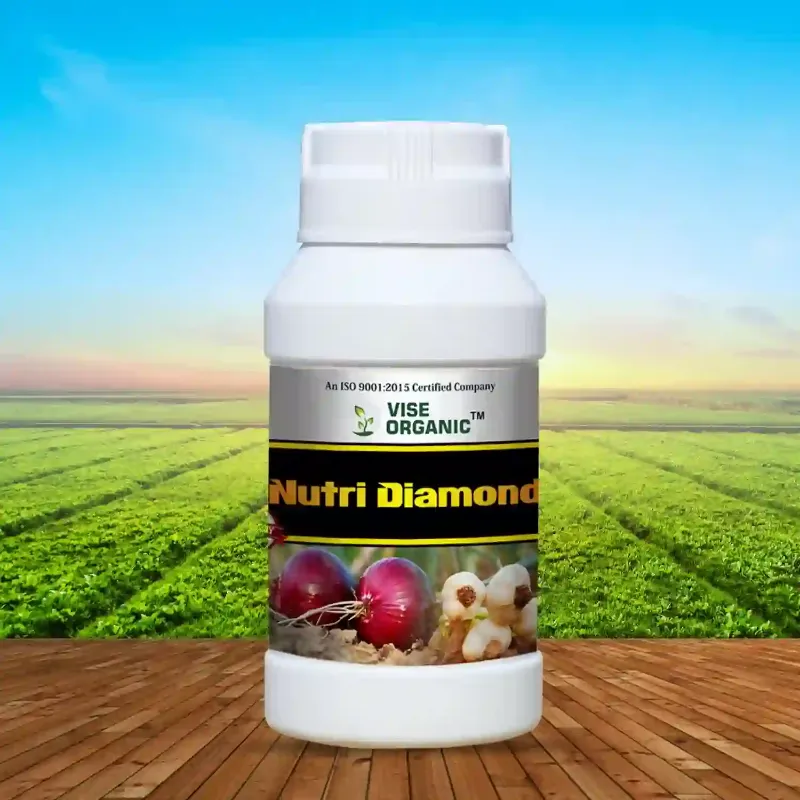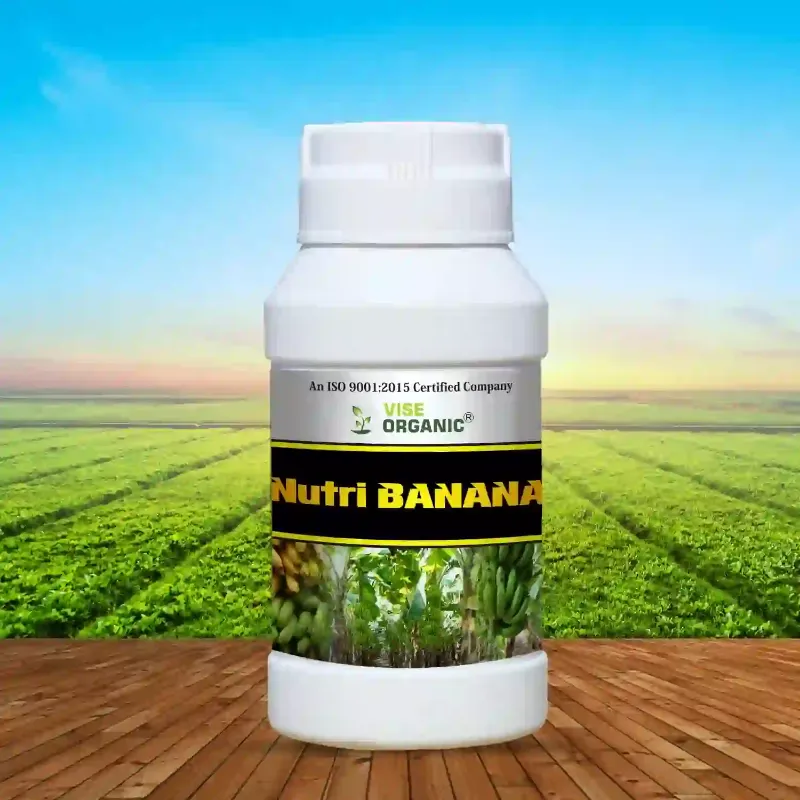Introduction
Vise Organic is dedicated to advancing sustainable agriculture through innovative organic practices. Our commitment to enhancing environmental health and productivity is reflected in our approach to sustainable farming solutions that support both ecological balance and agricultural efficiency. sustainable agriculture practices contribute significantly to agriculture by focusing on methods that enhance soil health, conserve water, and reduce the reliance on synthetic chemicals. These practices include crop rotation, which improves soil fertility and reduces pest outbreaks; organic composting, which enriches soil nutrients and promotes beneficial microbial activity; and reduced tillage, which helps maintain soil structure and prevent erosion. By using organic fertilizers and natural pest control methods, farmers can maintain crop health while minimizing environmental impact. Sustainable agriculture through organic practices also supports biodiversity and reduces greenhouse gas emissions, contributing to a healthier planet and more resilient agricultural systems.
Benefits of Organic Practices
- Soil Health Improvement: Organic practices enhance soil fertility and structure, leading to better water retention and nutrient availability.
- Water Conservation: Methods like reduced tillage and organic composting improve soil’s ability to retain moisture, reducing water usage.
- Reduction of Synthetic Chemicals: Organic farming eliminates synthetic pesticides and fertilizers, reducing chemical runoff and pollution.
- Biodiversity Support: Organic farming practices foster a diverse ecosystem, supporting various plant and animal species.
- Enhanced Pest Management: Natural pest control methods reduce the need for harmful chemical treatments and support ecological balance.
- Carbon Sequestration: Organic practices contribute to carbon sequestration in soil, helping to mitigate climate change.
- Erosion Prevention: Techniques like cover cropping and reduced tillage protect against soil erosion and degradation.
- Healthier Food Production: Organic practices produce food free from synthetic additives, benefiting consumer health.
Organic practices contribute to sustainable agriculture through several key methods:
- Enhanced Soil Health: Organic farming enhances soil fertility with natural compost and manure, boosting microbial activity and improving soil structure.
- Water Conservation: By reducing soil erosion and enhancing water retention, organic practices decrease the need for irrigation and help conserve water resources.
- Reduction in Chemical Use: Organic farming avoids synthetic pesticides and fertilizers, leading to less chemical runoff and lower pollution levels.
- Biodiversity Promotion: Diverse crop rotations and organic farming methods support a wide range of organisms, promoting ecological balance and resilience.
- Climate Change Mitigation: Organic practices help sequester carbon in the soil; consequently, they reduce greenhouse gas emissions and contribute significantly to climate change mitigation.
Conclusion
Organic practices are essential for advancing sustainable agriculture by fostering soil health. Moreover, they contribute to conserving water, while also reducing chemical use. In addition, these practices support biodiversity, which further enhances the overall health of the ecosystem. These practices boost productivity while enhancing environmental stewardship and ensuring long-term sustainability. By adopting organic methods, farmers can build resilient agricultural systems that benefit both the planet and its inhabitants. Embracing organic practices is a crucial step toward achieving a more sustainable future in agriculture. By adopting these practices, we can ensure that farming meets current needs while simultaneously safeguarding the ability of future generations to thrive. Consequently, this approach helps maintain environmental balance and promotes long-term agricultural resilience.

